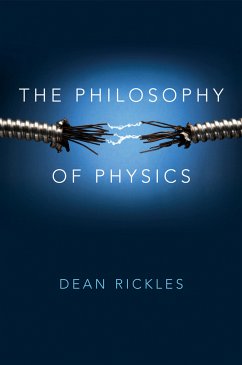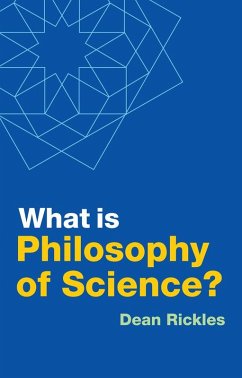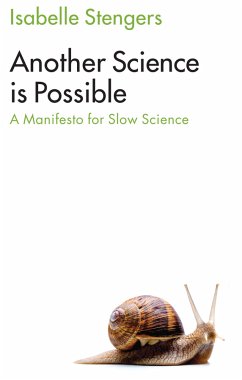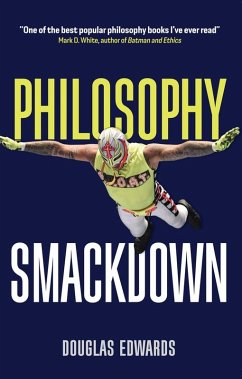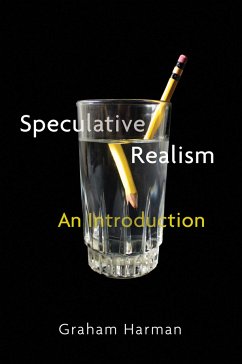
An Introduction to the Philosophy of Time (eBook, ePUB)

PAYBACK Punkte
0 °P sammeln!
Time is central to our lived experience of the world. Yet, as this book reveals, it is startlingly difficult to reconcile the way we seem to experience time with many of the theories presented to us in physics and metaphysics. This comprehensive and accessible introduction guides the unfamiliar reader through difficult questions at the intersection of the metaphysics and physics of time. It starts with the assumption that physics and metaphysics are inextricably connected, and that each can, and should, shed light on the other. The authors explore a range of views about the nature of time, sho...
Time is central to our lived experience of the world. Yet, as this book reveals, it is startlingly difficult to reconcile the way we seem to experience time with many of the theories presented to us in physics and metaphysics. This comprehensive and accessible introduction guides the unfamiliar reader through difficult questions at the intersection of the metaphysics and physics of time. It starts with the assumption that physics and metaphysics are inextricably connected, and that each can, and should, shed light on the other. The authors explore a range of views about the nature of time, showing how different these are from the way we typically think about time and our place in it. They consider such questions as: whether time travel is possible, and, if it is, whether we can change the past; whether there is a single moment that is objectively present; whether time flows or is static; and whether, ultimately, time exists at all. An Introduction to the Philosophy of Time will appeal to students of physics and philosophy who want both a comprehensive overview of the area and enough depth to allow for rigorous discussion. The book's detailed readings and exercises will challenge students and provide a clear roadmap for further study.
Dieser Download kann aus rechtlichen Gründen nur mit Rechnungsadresse in A, B, BG, CY, CZ, D, DK, EW, E, FIN, F, GR, HR, H, IRL, I, LT, L, LR, M, NL, PL, P, R, S, SLO, SK ausgeliefert werden.




